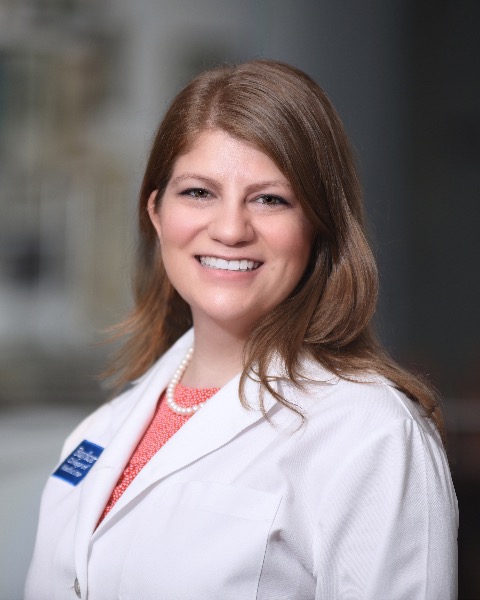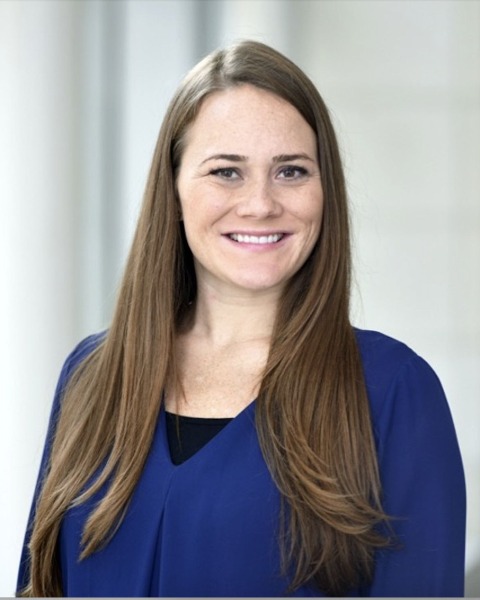Advocacy
Community Pediatrics
Developmental and Behavioral Pediatrics
Emergency Medicine
General Pediatrics
Hospital Medicine
Literacy
The Pink Stuff Fights the Germs: Going beyond family-centered care into child-centered communication
-

Ashira Klein, MD (she/her/hers)
Fellow, Pediatric Emergency Medicine
Baylor College of Medicine/Texas Children's Hospital
Houston, Texas, United States -

Andrea Dean, MD (she/her/hers)
Assistant Professor
Baylor College of Medicine/Texas Children’s Hospital
Houston, Texas, United States -

Roger Nicome, MD (he/him/his)
Associate Professor
Pediatrics
Baylor College of Medicine/Texas Children's Hospital
Houston, Texas, United States -
CT
Christine Traul, MD
Director of Pediatric Palliative Care and Pediatric Complex Care
Cleveland Clinic Children's
Cleveland, Ohio, United States -
CT
Chandler Townsend, MS
Texas Children's Hospital
Houston, Texas, United States -

Jayanthi Chandar, MBBS, MS (she/her/hers)
Professor of Clinical Pediatrics, Medical Director, Pediatric Kidney Transplantation
University of Miami Leonard M. Miller School of Medicine
Miami, Florida, United States
Leader(s)
Co-Leader(s)
Workshop
Description: Pediatricians talk to kids. We laugh with them about their favorite TV shows and distract them while we examine their bellies by asking about their “stuffy”. Then, inevitably, we turn to the patient’s caretakers to explain what is happening with their child. We excel at family-centered care: we sit with families, avoid medical jargon, and use shared-decision making. Yet, despite earlier efforts to comfort and engage, our young patients themselves are often left out of this discussion and, thus, often have little or no understanding of their own illness or the treatment plan.
This workshop will build clinical pediatricians’ ability to directly communicate with their pediatric patients, beyond building age-appropriate rapport. Using Piaget’s Stages of Cognitive Development as a framework, this workshop introduces the “Spectrum of Why,” a practical developmental scale to quickly assess a child’s developmental age and apply it to engage in high-yield conversations with young children. Then, participants will practice using ready-made scripts to explain common illnesses to children of various ages. In addition, they will create their own scripts to successfully communicate with children about their health, illness, and medical care in real-time clinical scenarios. Kolb’s theory of learning will be highlighted by individual reflection, partnered and small group discussions, high visual slides and videos, and large group activities to practice skills.
Learning Objectives:
- Describe child-centered communication and how it differs from family-centered communication.
- Utilize scripts to deliver age-appropriate information to a child about a specific illness.
- Formulate age-appropriate scripts to explain other common illnesses to children.
